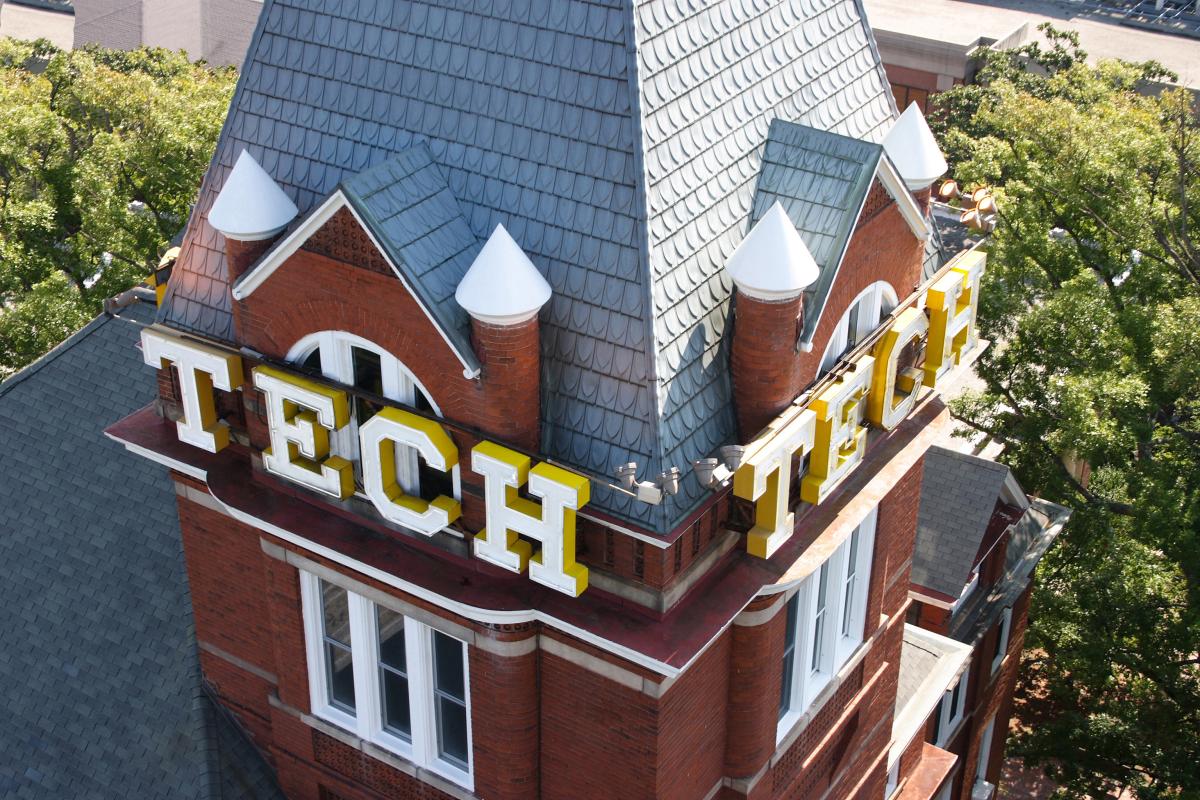
Below is the third installment in a series of discussions with Dean May as he outlines CoE goals and objectives for the future.
Q - There have been numerous discussions regarding changes within the undergraduate engineering curriculum to allow more flexibility within the curriculum, more interdisciplinary/multidisciplinary involvement, expansion of minors especially cross colleges, etc. How would these proposed changes benefit future engineering graduates?
May - "At Georgia Tech, we currently have the most talented students than we have ever had in the history of the Institute. These students have grown up with nearly instantaneous and ubiquitous access to information. Given these realities, it makes little sense to educate them exclusively using traditional methods in traditional engineering curricula. On the contrary, our objective must be to empower our students to be independent learners and fearless in the face of complex problems. To accomplish this, the educational experience must maximize flexibility, have a multidisciplinary orientation, and encourage thinking that facilitates the creation of solutions. Curricular approaches like problem-based learning or the Vertically Integrated Projects program and co-curricular activities such as the Inventure Prize competition are good examples innovative ways to accomplish these objectives. This is the way to prepare our graduates to leaders in today’s global economy."
Q - For a number of years, engineering students at Tech has expressed concern over faculty/student ratios and faculty/student interactions? Do you share this concern and if so, what thoughts do you have on ways to ameliorate the situation?
May - "I absolutely share this concern. The gradual increase in the student/faculty ratio in the College of Engineering has put our program at risk. We cannot deliver the quality education our students expect with a ratio on the order of 28:1. This figure is also not competitive with corresponding ratios in our peer institutions. To address this issue, we have to consider both the numerator and the denominator. The College must continue to make the case for robust faculty hiring, and at the same time, attention must be paid to limiting enrollment and focusing on quality.
As for student/faculty interaction, this is also critically important and inextricably linked to student/faculty ratio. The quality of student/faculty interactions will obviously improve with a more manageable ratio, but that is not all there is to it. I often say that when our students ask for improved interaction, they are not asking to socialize with us. They are seeking an improved environment for intellectual exchange."